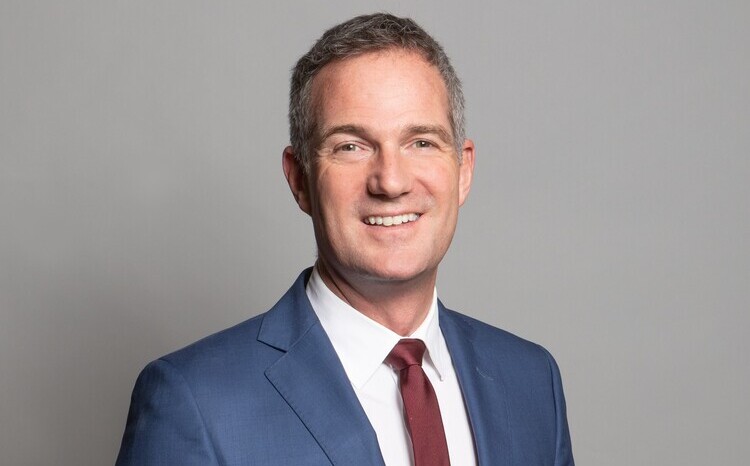Government pledges £36m boost for diagnostics under national AI Lab
- 16 June 2021

The government has pledged £36million for artificial intelligence projects to help “revolutionise” care and diagnostics in the NHS.
Some 38 artificial intelligence (AI) projects are set to benefit from the funding as part of the NHS AI Lab’s £140million AI in health and care award.
The new technology includes a tool to help doctors and nurses diagnose heart attacks more accurately; an algorithm to fast-track lung cancer detection; a mental health app to help tackle anxiety and depression; and technology to spot undiagnosed spinal fractures.
Health secretary Matt Hancock announced the winners of the second wave of the AI in health and care award at CogX Festival today.
“AI has the potential to completely revolutionise every part of how we approach healthcare, from how we diagnose diseases and the speed at which our doctors and nurses deliver treatments to how we support people’s mental health,” he said.
“The 38 projects we are backing reflect the UK’s trailblazing approach to innovation in the healthcare sector, and could help us take a leap forward in the quality of care and the speed of disease diagnoses and treatment in the NHS.
“Confronted with this global pandemic, our tech sector has risen to the challenge and upended how we do things through innovations to support people to test from home, complete remote consultations and diagnose issues safely.”
Since the launch of the NHS AI Lab more than 17,000 stroke patients and 25,000 patients with diabetes or high blood pressure have benefited from the first round of the AI in health and care award since September 2020, when £50 million was given to 42 AI technologies.
The AI in health and care award aims to accelerate the testing and evaluation of AI in the NHS so patients can benefit from faster and more personalised diagnosis and greater efficiency in screening services.
Sir Simon Stevens, chief executive of NHS England, added: “Through our NHS AI Lab we’re now backing a new generation of ground-breaking but practical solutions to some of the biggest challenges in healthcare. Precision cancer diagnosis, accurate surgery, and new ways of offering mental health support are just a few of the promising real world patient benefits. Because as the NHS comes through the pandemic, rather than a return to old ways, we’re supercharging a more innovative future.
“So today our message to developers worldwide is clear – the NHS is ready to help you test your innovations and ensure our patients are among the first in the world to benefit from new AI technologies.”
Breakout format
[themify_box icon=”info” color=”gray”]
The 38 projects are being supported include:
- An algorithm from BeholdAI that can identify suspected lung cancer in chest X-rays to increase the numbers of cancers diagnosed and reduce the time patients wait for scans.
- The Paige Prostate cancer detection tool to help pathologists identify cancers and their spread in digital images to improve diagnostic accuracy and help tackle rising caseloads.
- Zebra Medical’s Bone Health Solutions tool to analyse existing CT scans to look for previously undiagnosed spinal fractures that could be a sign of osteoporosis to find more patients living with this undiagnosed disease, ensuring they receive appropriate advice or medication.
- Mental health app Wysa an AI powered chatbot and series of self-care exercises which will provide mental health support, helping people manage their mental health.
The funding package also supports the research, development and testing of early-stage ideas, including:
- Diagnosing heart attacks – an AI-guided tool used that could diagnose heart attacks more accurately and quickly through better interpretation of blood analysis.
- Monitoring cystic fibrosis – using AI with home monitoring equipment to predict sudden dips in the health of cystic fibrosis patients, aiming to prevent them occurring.
- Monitoring brain tumours – developing AI to measure the volume of brain tumours from scans to assess which are at risk of growth to ensure those patients are monitored more frequently.
- Improving kidney transplant outcomes – using data from 20 years of previous kidney transplants to improve the decision-making process for a patient to receive less-than-perfectly-matched donor kidneys or wait for the next available one.
- Detecting bowel cancer – using AI to analyse video recordings of the gastrointestinal tract, taken from a swallowable camera, to target bowel cancer and other gastrointestinal diseases.
[/themify_box]



